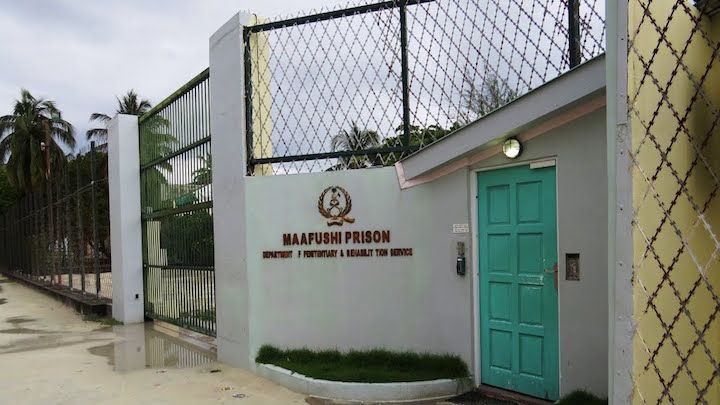20 inmates released under pilot tagging project
The inmates were released with an electronic tagging device attached to their feet, which will send out a signal if he or she steps out of the confined area.

05 Jul 2015, 16:23
The home ministry has transferred 20 inmates to house arrest and island arrest under a pilot tagging project.
The inmates were released with an electronic tagging device attached to their ankle, which will send out a signal if he or she steps out of a restricted area.
Home ministry media coordinator Thazmeel Abdul Samad told Minivan News today that a local company called Telvert Maldives won the bidding process for the project and will be handling technical issues with the device, while the police, military, the Maldives Correctional Services will be monitoring the inmates.
Thazmeel said tagging would prove effective in preventing convicts released on parole from engaging in criminal behaviour.
Become a member
Get full access to our archive and personalise your experience.
Already a member?
Discussion
No comments yet. Be the first to share your thoughts!
No comments yet. Be the first to join the conversation!
Join the Conversation
Sign in to share your thoughts under an alias and take part in the discussion. Independent journalism thrives on open, respectful debate — your voice matters.




